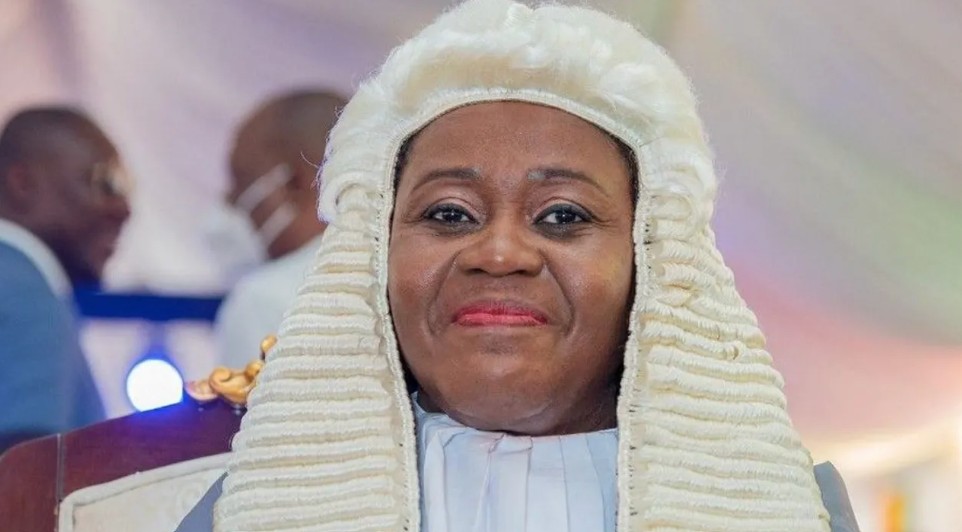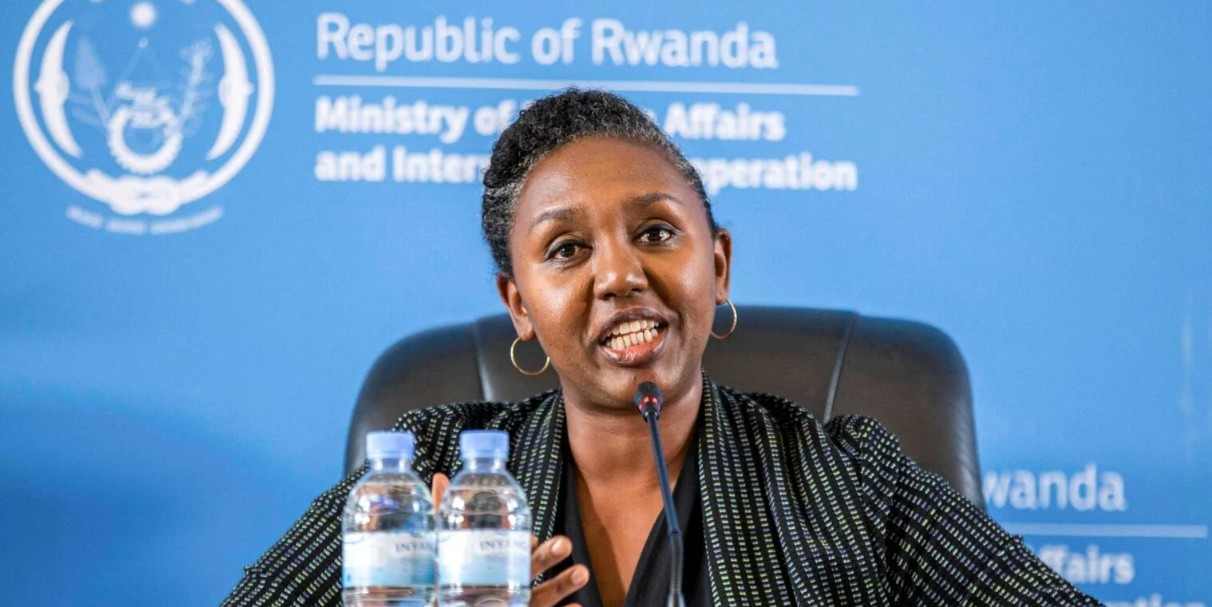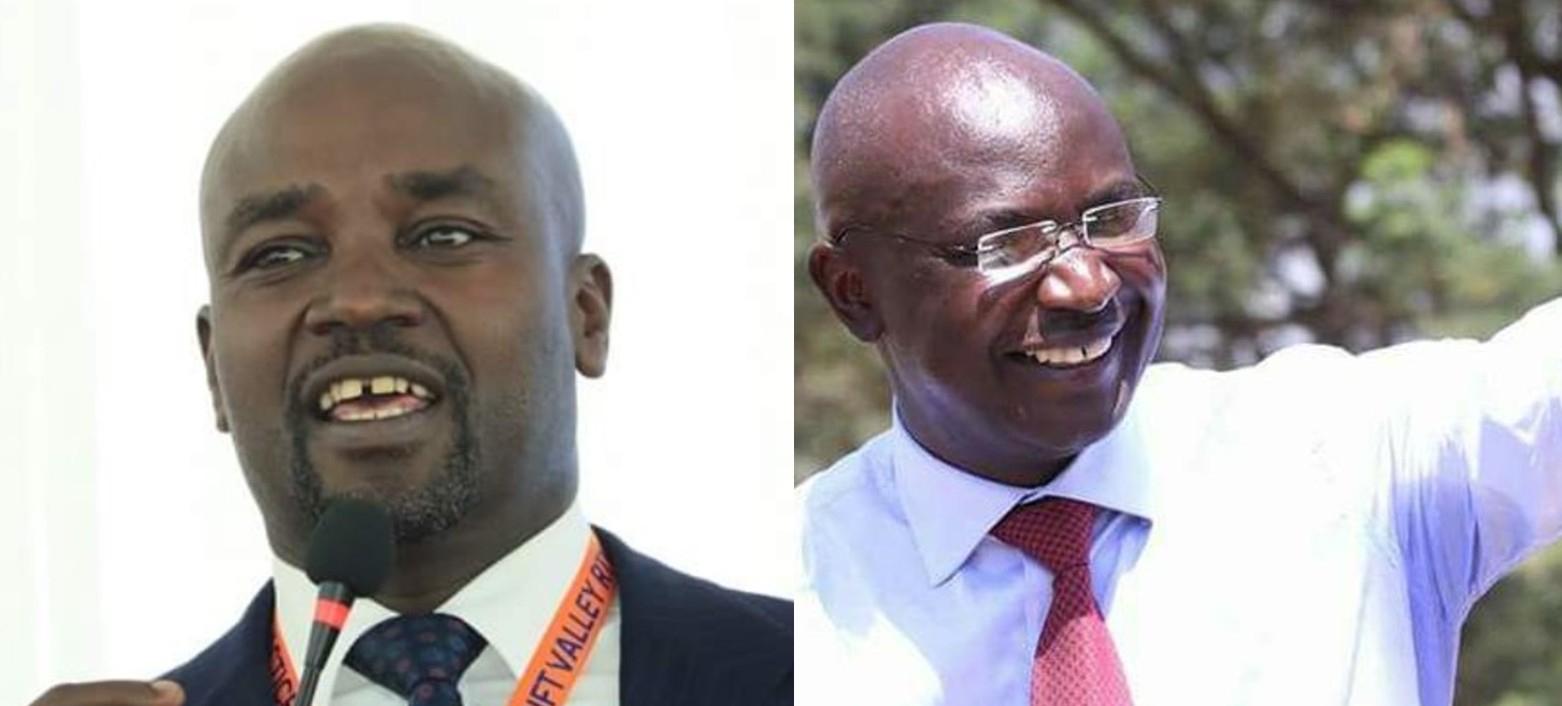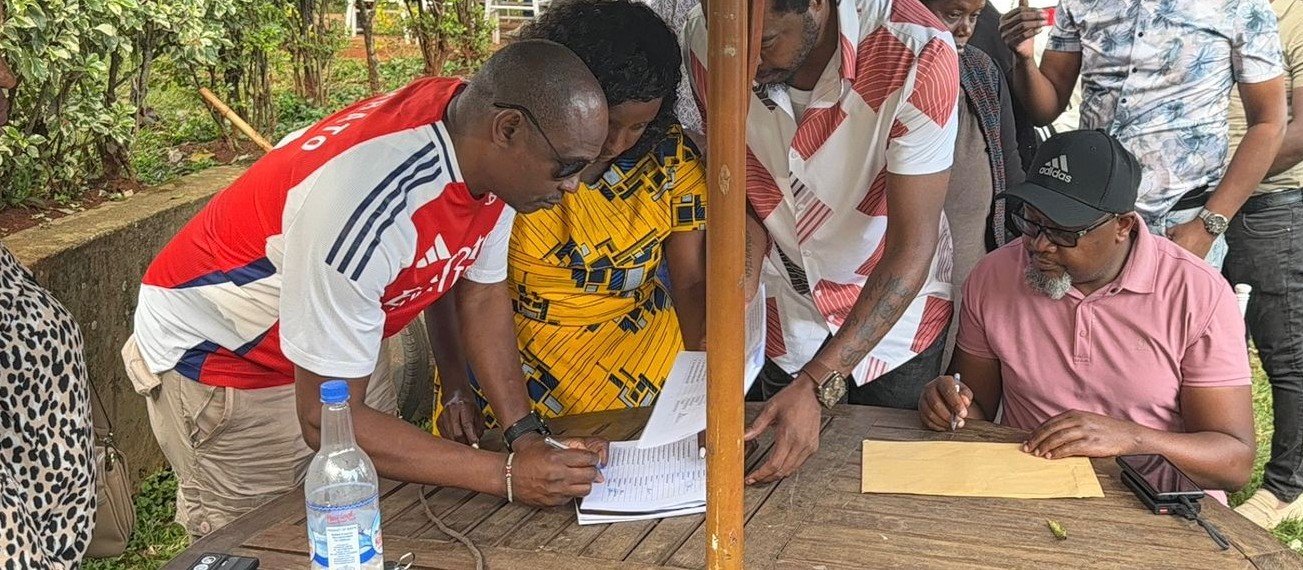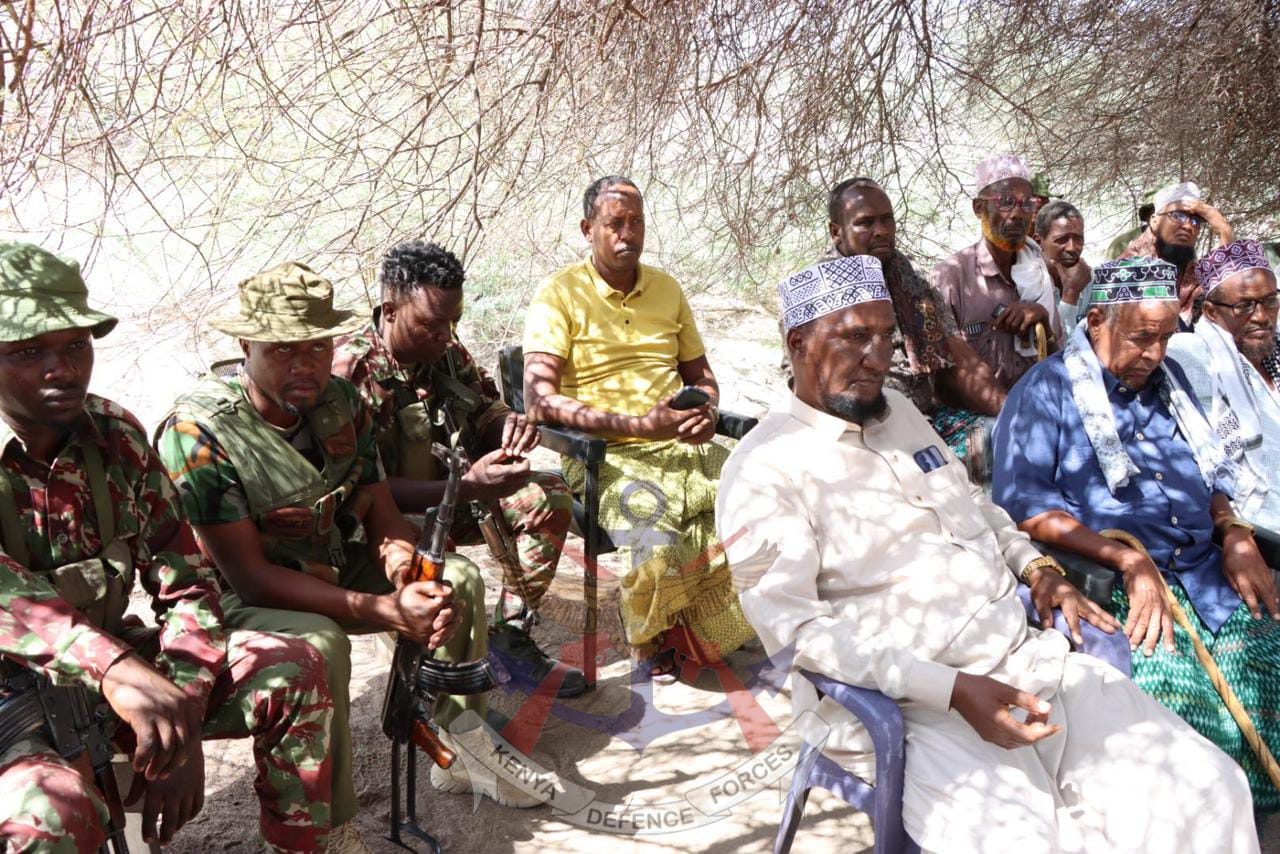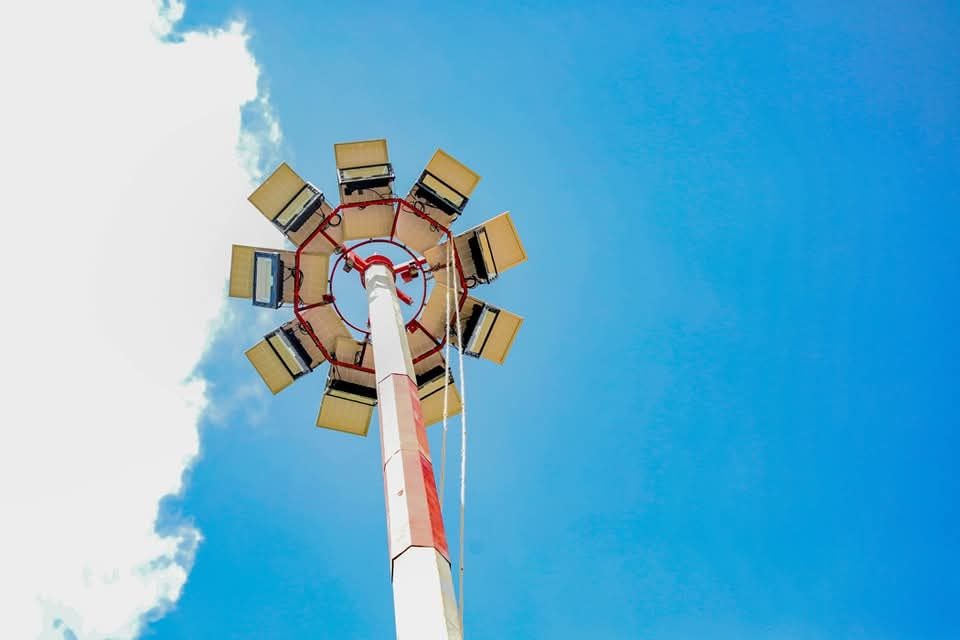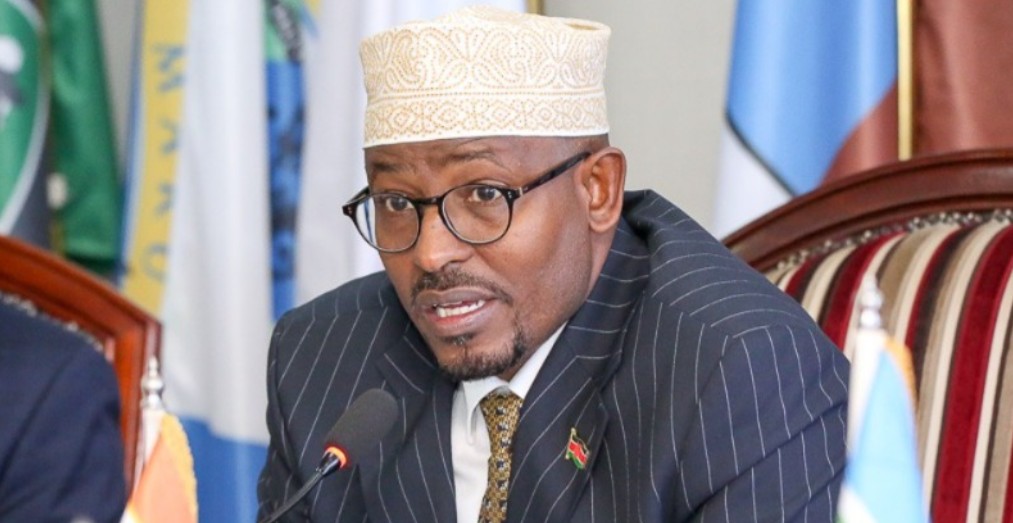Kenya walks diplomatic tightrope as Sudan's RSF set to announce formation of parallel government from Nairobi
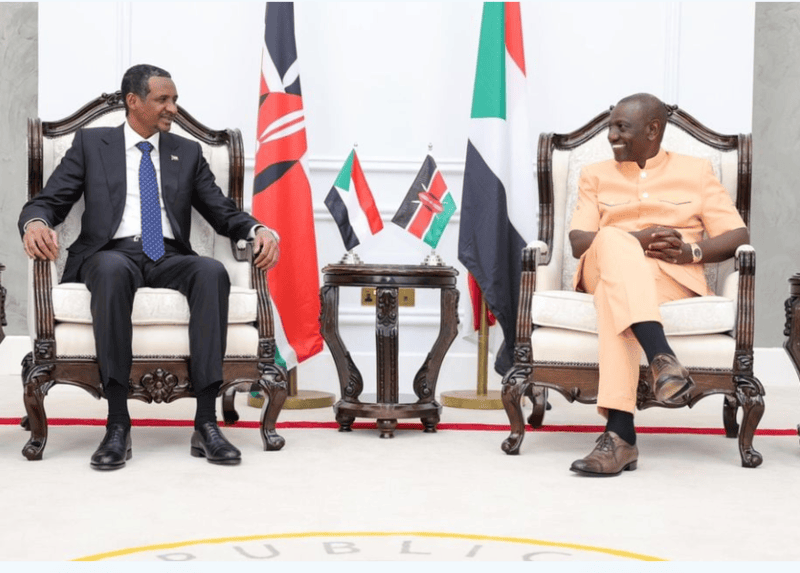
The planned announcement from Nairobi, framed as the "Political Charter for the Government of Peace and Unity," is being positioned as an effort to "restore the legitimate government" that was "overthrown by remnants and militias of the Islamic movement."
Kenya is once again at the centre of Sudan's deepening power struggle, as the Rapid Support Forces (RSF), led by Mohamed Hamdan Dagalo (Hemedti), prepares to announce a parallel government from Nairobi.
Initially scheduled for Monday, the proclamation has now been pushed to Tuesday, marking a direct challenge to the Port Sudan-based military regime of General Abdel Fattah al-Burhan.
More To Read
- Sudan’s cholera outbreak surpasses 100,000 cases amid war and famine
- Sudan Government vows post-war recovery, reconciliation in first Khartoum meeting since 2023 conflict
- Sudan floods kill 10, destroy homes as conflict deepens humanitarian crisis
- Sudanese cabinet holds first meeting in Khartoum since onset of civil war
- Nearly 1.65 million IDPs return home as Sudan displacement numbers fall
- RSF accused of shelling hospital, abducting eight civilians in El-Fasher
The planned announcement, framed as the "Political Charter for the Government of Peace and Unity," is being positioned as an effort to "restore the legitimate government" that was "overthrown by remnants and militias of the Islamic movement."
The invitation circulated in Nairobi suggests that the new administration will bring together political, civil, and social forces, alongside armed movements, to chart a new phase of stability and sustainable peace.
While the RSF and its allies had initially intended to declare this government from territories under their control, the decision to do so on Kenyan soil carries significant geopolitical weight.
It not only escalates Sudan's internal conflict but also risks thrusting Nairobi into a direct diplomatic confrontation with Port Sudan.
For months, Kenya has attempted to recalibrate its approach to Sudan, navigating an increasingly fragile diplomatic landscape.
Thawing relations
Relations between Nairobi and Khartoum had begun to thaw in recent months, despite lingering tensions over President William Ruto's perceived closeness to Hemedti.
In January, Sudan's Foreign Minister Ali al-Sadiq suggested that Kenya had revised its position on the Sudanese conflict, following a meeting with President Ruto in Nairobi—the first of its kind since relations between the two nations deteriorated.
"Nairobi has reconsidered its position towards Sudan based on the new developments in the war," al-Sadiq said at the time, adding that for Ruto, "the idea of the RSF taking power in the country is over."
Yet, despite these reassurances, Kenya's engagement with the RSF has remained unmistakable.
Just weeks before, Nairobi ordered the RSF to cancel a planned press conference in the capital after journalists were left waiting for an hour.
The move coincided with Washington's decision to impose sanctions on Hemedti, underscoring the growing Western pressure against the Sudanese paramilitary leader.
But Kenya's ties to the RSF go much deeper. Late last year, Ruto arrived in Juba aboard the presidential jet alongside RSF Deputy Commander Abdulrahim Dagalo, Hemedti's brother, who is under U.S. sanctions for allegedly fueling Sudan's civil war.
Then, in January 2024, Kenya rolled out an elaborate red carpet welcome for Hemedti at JKIA's presidential pavilion, complete with traditional dancers and a high-level reception.
The grand treatment was noticeably more extravagant than what Sudanese military leader Abdel Fattah al-Burhan had received, further fueling tensions between the two governments.
Khartoum was quick to respond, recalling its ambassador in protest.
Though diplomatic ties have since resumed, the RSF's latest move in Nairobi could reignite the rift.
A calculated move or a diplomatic miscalculation?
The RSF's decision to announce a parallel government from Kenya appears to be a deliberate play for international legitimacy.
Hemedti's forces have consolidated power across western Sudan, including Darfur, yet remain largely unrecognized as a governing authority.
By using Nairobi as a launchpad, the RSF is attempting to position itself as a credible political force rather than a rogue militia.
The move also forces regional actors—including the African Union (AU) and the Intergovernmental Authority on Development (IGAD)—to confront the RSF's expanding influence.
However, Sudan remains suspended from the AU following the 2021 military coup, and it remains unclear whether the RSF-backed government will receive recognition from Kenya.
The Port Sudan-based government under al-Burhan is unlikely to take this lightly. Having recently signalled a diplomatic reset with Kenya, the announcement of a rival government from Nairobi risks undoing any progress made in mending ties.
What's at stake for Kenya?
Kenya now faces a high-stakes diplomatic test. By allowing the RSF's political manoeuvring to take place on its soil, Nairobi is walking a fine line between regional diplomacy and unintended entanglement in Sudan's civil war.
Hosting the RSF's proclamation could further sour relations with Port Sudan, potentially drawing retaliatory diplomatic measures from al-Burhan's regime.
Beyond regional politics, Kenya also risks heightened scrutiny from continental, regional and Western powers, particularly the U.S., which has taken a strong stance against the RSF.
Given Washington's existing sanctions on key RSF figures, Nairobi's perceived facilitation of the group's political ambitions could invite further diplomatic pressure.
Meanwhile, the African Union, which has so far kept Sudan at arm's length, may now be forced to either reaffirm its suspension or reassess its position in light of the RSF's growing influence.
Top Stories Today
